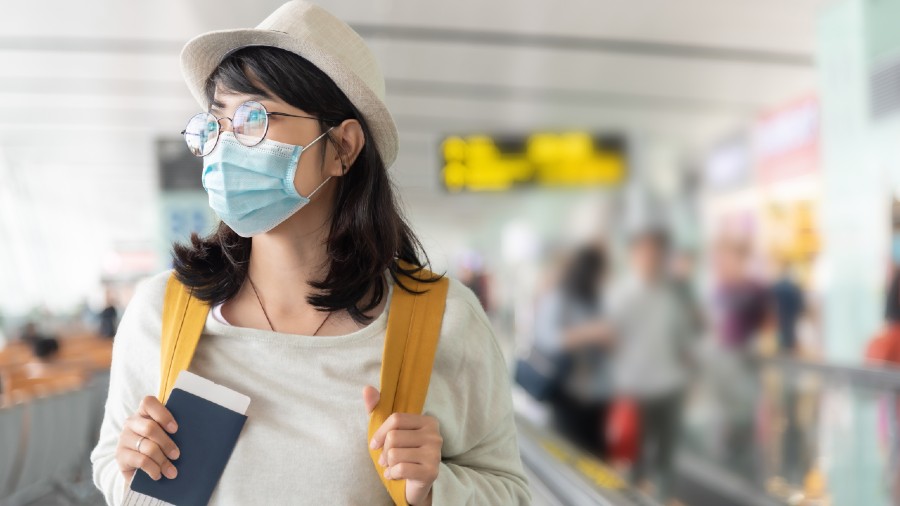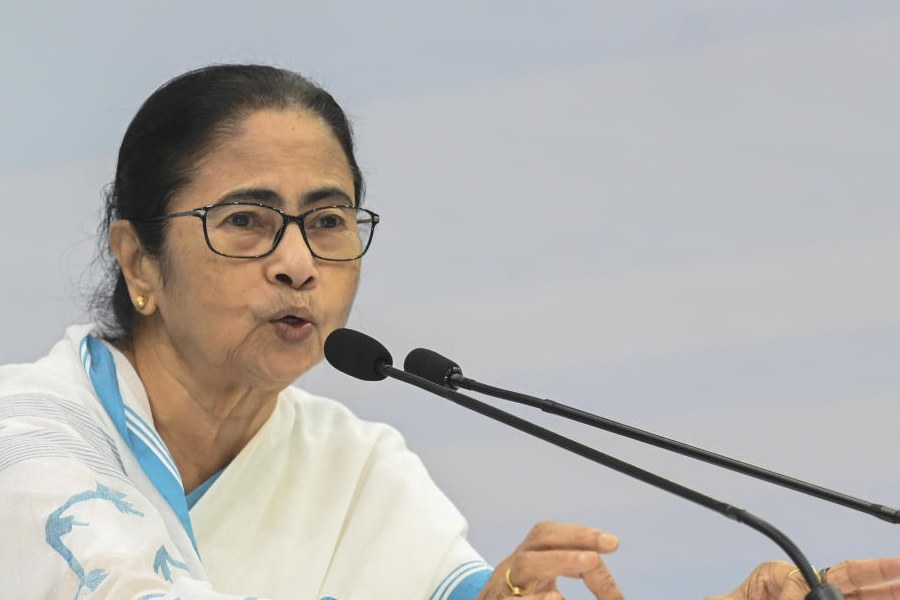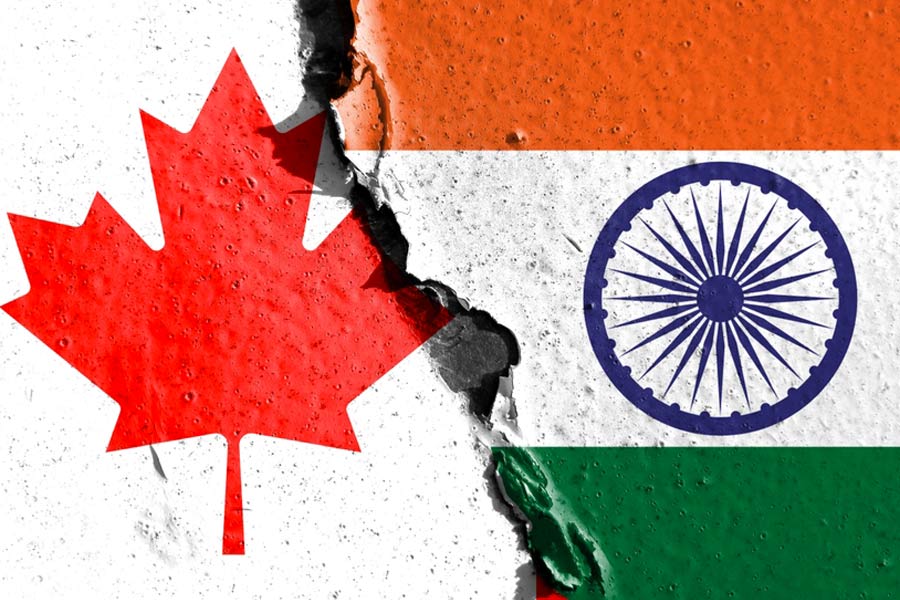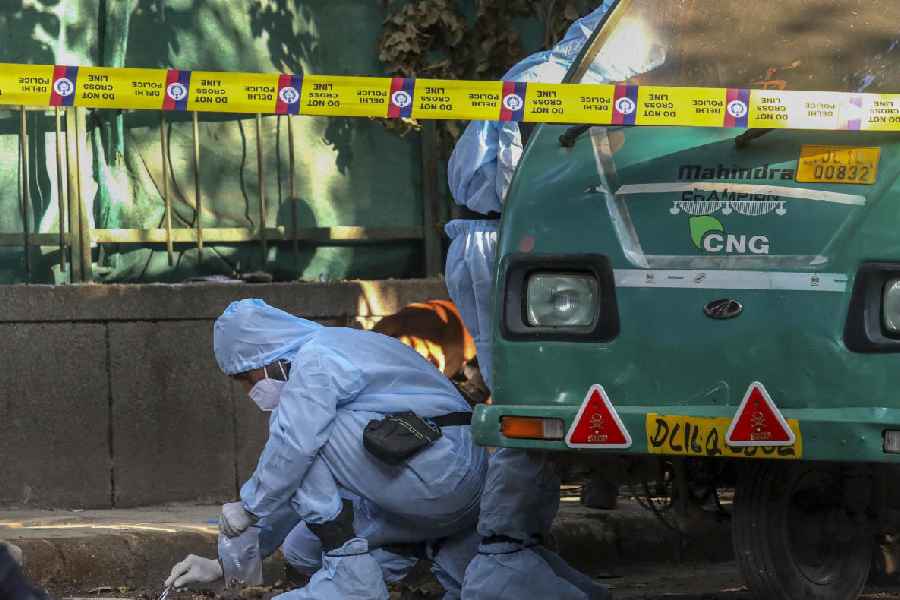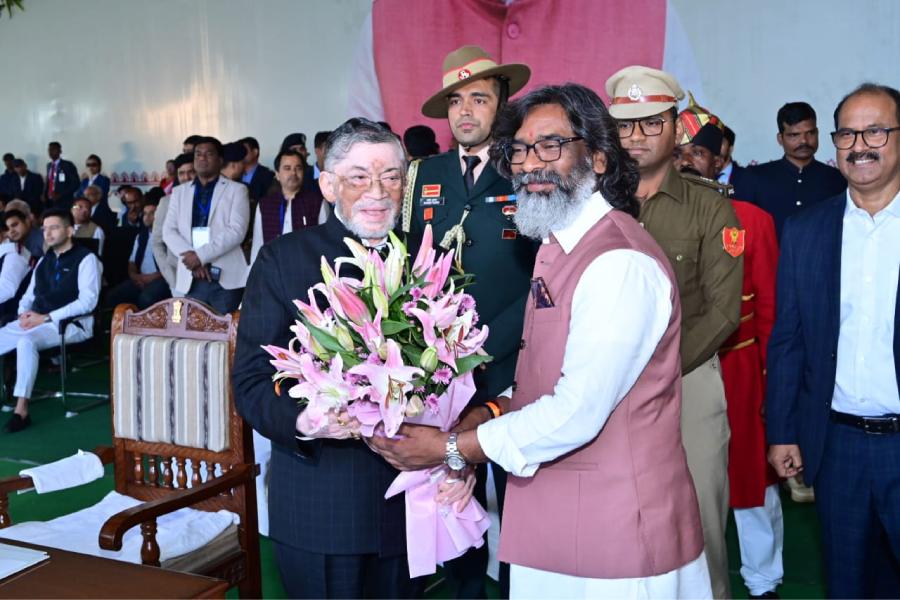Certain categories of students, academics, journalists and individuals have been exempted from the India travel ban announced by President Joe Biden, the US State Department said.
The exemptions were issued by Secretary of State Tony Blinken, hours after Biden issued a proclamation restricting travel from India beginning May 4 because of the "extraordinarily high COVID-19 caseloads and multiple variants circulating in the country".
According to the State Department, the travel ban exemption is in line with a similar exemption that the US has granted to some categories of travellers from Brazil, China, Iran and or South Africa.
In keeping with the Department of State's commitment to facilitate legitimate travel to the United States, Secretary Blinken decided today to apply the same set of National Interest Exceptions to India that he had previously applied to all other regional travel restrictions currently in effect as a result of the COVID-19 pandemic, the State Department said.
Students seeking to commence studies in the fall, academics, journalists and individuals who provide critical infrastructure support in countries affected by a geographic COVID-19 restriction may qualify for the exception, it said.
This includes qualified applicants who have been present in India, Brazil, China, Iran, or South Africa, it added.
The pandemic continues to limit the number of visas our embassies and consulates abroad are able to process, it said. As always, visa applicants should check the website of the nearest embassy or consulate for the most up-to-date information about visa appointment availability, the State Department said.
As the global situation evolves, the Department continues to seek ways to process more visa applications, in line with science-based guidance from health authorities and with the health and safety of staff and applicants as our priority, it said.
In a national interest exemption issued by the State Department on April 26, which it said is good for India too, students with valid F-1 and M-1 visas intending to begin or continue an academic programme commencing August 1 or later do not need to contact an embassy or consulate to seek an individual exemption to travel.
They may enter the United States no earlier than 30 days before the start of their academic studies.
Students seeking to apply for new F-1 or M-1 visas should check the status of visa services at the nearest embassy or consulate.
Those applicants who are found to be otherwise qualified for an F-1 or M-1 visa will automatically be considered for an NIE to travel, it said.
The Department of State also continues to grant NIEs for qualified travellers seeking to enter the US for purposes related to humanitarian travel, public health response and national security.
These travellers and any others who believe their travel to be in the United States' national interest should also review the website of the nearest US embassy or consulate for instruction on how to contact them, it said.
In another memorandum on April 8, the Secretary of State had determined that the travel of immigrants, fianc (e) visa holders, certain exchange visitors, and pilots and air crew travelling to the United States for training or aircraft pickup, delivery or maintenance is in the national interest for purposes of approving exceptions under the geographic COVID presidential proclamations.
These proclamations restrict the entry of individuals physically present, within the 14-day period prior to their attempted entry into the United States, in the People's Republic of China, Islamic Republic of Iran, Schengen Area, United Kingdom, Republic of Ireland, Federative Republic of Brazil, or Republic of South Africa.
This article provides further details regarding this determination. India has now been added to the list.

